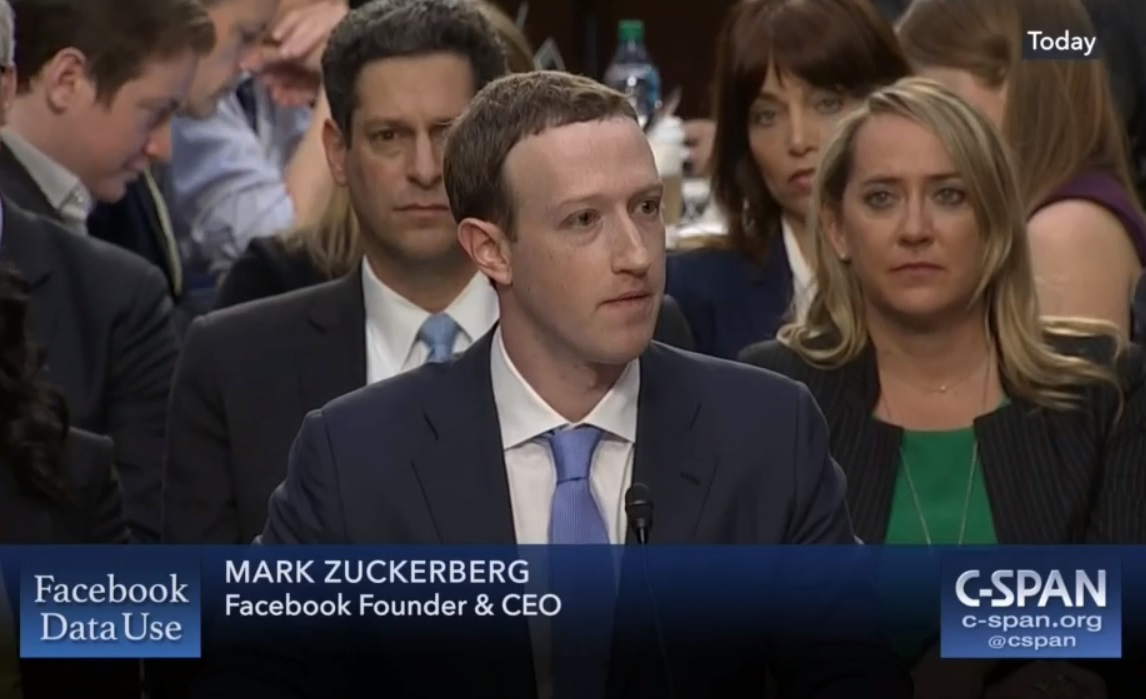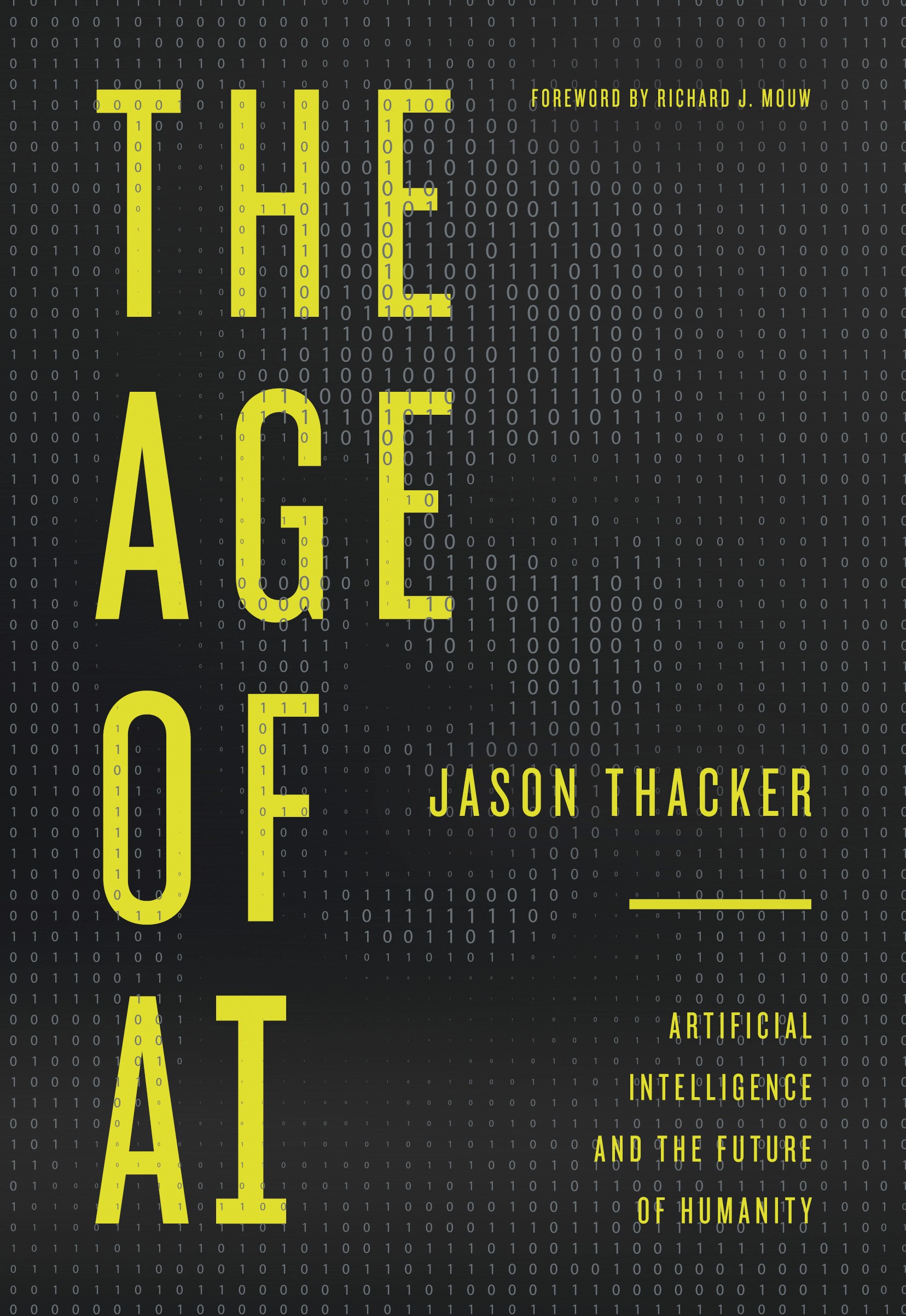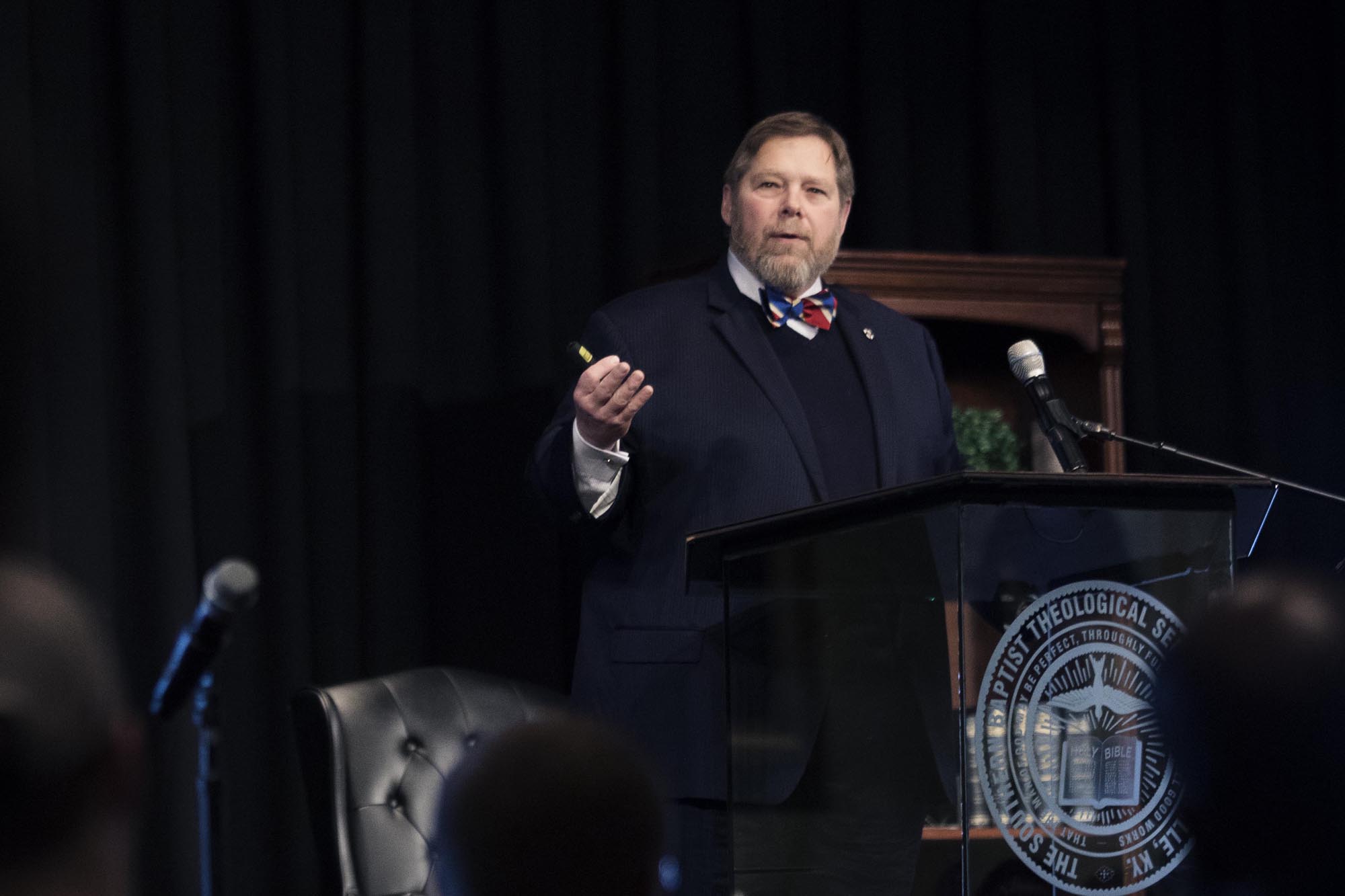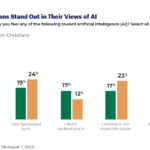
WASHINGTON (BP) — Following Facebook CEO Mark Zuckerberg’s testimony on Capitol Hill this week, some evangelicals have underscored their concerns about internet data protection and online censorship of conservative views.
 Zuckerberg appeared before U.S. Senate and House committees April 10-11 in the wake of news that the political consulting firm Cambridge Analytica collected personal data from up to 87 million Facebook users in an allegedly improper manner. During the two days of testimony, Zuckerberg faced nearly 600 questions from about 100 lawmakers, according to The New York Times.
Zuckerberg appeared before U.S. Senate and House committees April 10-11 in the wake of news that the political consulting firm Cambridge Analytica collected personal data from up to 87 million Facebook users in an allegedly improper manner. During the two days of testimony, Zuckerberg faced nearly 600 questions from about 100 lawmakers, according to The New York Times.
Personal data security
Internet privacy was one frequent topic of discussion, with Illinois Sen. Richard Durbin, a Democrat, noting “your right to privacy, the limits of your right to privacy and how much you give away in modern America” to receive free social media access “may be what this is all about.”
Darrel Girardier, digital strategy director for Nashville-area Brentwood Baptist Church, told Baptist Press that privacy is in “direct conflict” with Facebook’s business model of selling targeted advertisements based on users’ personal data — though that business model is not inherently unethical. The only way to offer a social network like Facebook and keep personal data private, he said, is to require payment by users.
Biblical standards of conduct, Girardier said, seem to require being “completely transparent with how you’re using people’s personal information.”
Evan Lenow, an ethics professor at Southwestern Baptist Theological Seminary, agreed that “the cost of being part of a network like Facebook is giving up some privacy.” Yet “all users have a reasonable expectation that Facebook and other tech companies will work diligently to prevent data breaches and theft of this very valuable and personal information.”
That expectation, Lenow told BP in written comments, aligns with ethical principles in Scripture.
“Obviously there are no verses in Scripture that declare, ‘Thou shalt not let your data servers be hacked’; however, I believe that we can compare this situation to the prohibitions against unjust weights and measures that we find throughout the Old Testament,” Lenow said.
“In Deuteronomy 25:13-16, Moses warns the Israelites against having differing weights and measures for the purpose of defrauding others in their business practices. When buying grain from a merchant, the customer has a reasonable expectation to receive exactly what is advertised and that the merchant will not cheat or defraud him,” Lenow said.
“The merchant is held responsible to ensure his weights and measures are accurate,” he said. “Unjust weights and measures are declared an abomination to the Lord in Proverbs 11:1 and 20:10 and 20:23. In the same way, users of these social media sites should expect that they get what the provider says they offer in terms of privacy.”
Conservative censorship
At least seven lawmakers expressed concern to Zuckerberg that Facebook may be censoring politically and socially conservative content on its platform, according to a news release from the National Religious Broadcasters.
NRB’s Internet Freedom Watch initiative — which tracks alleged “suppression of Christian and conservative views on the internet by private corporations” — has documented at least 17 examples of what it considers conservative viewpoint censorship by Facebook since 2012. The most recent alleged example is Facebook’s rejection this month of a Catholic university’s ad depicting Jesus on a cross because it was deemed “shocking, sensational, or excessively violent.”
Zuckerberg told Washington Rep. Catherine McMorris Rodgers, a Republican, censorship of the crucifix was “a mistake,” the Catholic News Agency reported.
During Zuckerberg’s testimony, at least four lawmakers noted allegations Facebook censored two African American bloggers who support President Trump, NPR reported.
In response to such allegations, Zuckerberg told Texas Sen. Ted Cruz, a Republican, “I’m very committed to making sure that Facebook is a platform for all ideas.”
Girardier said he “used to believe” attacks against conservatives “would not align” with Facebook’s “business model.” But “in the last six months, more and more I am seeing” social networks “trying to curb what they classify as hate speech,” which is difficult to define and could be deemed to include, for example, discussion of abortion.
Christians should contact their legislators, Girardier said, to encourage regulations “in regard to protection of free speech online.”
Following Zuckerberg’s testimony, NRB renewed its call for congressional hearings on internet viewpoint censorship.
“Why does religious and conservative content seem to fall in the cross-hairs?” NRB President and CEO Jerry Johnson asked in a news release. “Is it algorithmic or human discrimination? What is being done to correct this problem in either case? We need more answers, and we need more hearings with all the big players.”
Lenow urged Christians “to be careful about” allegations of viewpoint censorship “without hard proof,” noting, “There have been a couple of high-profile instances of censorship that have been rectified by Facebook, but it is difficult to say if they were intentional.”
“On the other hand, we also need to remember that Facebook is a company that can set its own policies,” Lenow said. “… It may not be a wise business practice to censor certain political views, but it is certainly within Facebook’s rights to do so. Those who may find themselves on the opposite end of Facebook’s political views need to remember that having a Facebook page is not a right, it is a privilege, and that privilege can be taken away by the company.”






















